- Acknowledge the spatial consequences of policy approaches, and recognize the importance of fairness in environmental policy processes and outcomes.
- Apply their professional knowledge using tools and transferable skills to generate integrated and evidence-based responses to environmental challenges, including climate change, to achieve a more resilient and sustainable future.
- Communicate effectively verbally, graphically and through written documents and to communicate concepts, knowledge and conclusions to peers, specialist and non-specialist audiences within an interdisciplinary environment.
- Demonstrate effective research, policy analysis tools and evaluation skills and the ability to develop evidence-based policy proposals.
- On successful completion of the programme students should be able to: Appreciate environmental policy research, develop skills as autonomous researchers, and recognize the value of research as an input into improved policy making and policy implementation.
- Understand how environmental policy is operationalised within the wider political, institutional and legal frameworks, and understand the social, economic and political context that informs approaches to achieve sustainable development.
- Understand the challenges and responsibilities of assessing tradeoffs in their response to environmental challenges and be open to critically assessing, debating and reflecting on these, and acting in the interests of the common good.
- Work effectively both on their own and as part of a team in an interdisciplinary context.
MSc in Environmental Policy
This course is available through the following application route(s)
- Duration:
- 1 Year
- Attendance:
- Full Time
- Delivery:
- On Campus
- NFQ Level:
- 9 (90 credits)
- Level:
- Graduate Taught
- Award:
- Master of Science
- Next Intake:
- September
- Country Specific Entry Requirements:
- Visit the UCD Global Undergraduate Entry Requirements webpage.
- Other School Leaving Requirements:
- See www.ucd.ie/admissions
- Duration:
- 2 Years
- Attendance:
- Part-Time
- Delivery:
- On Campus
- NFQ Level:
- 9 (90 credits)
- Level:
- Graduate Taught
- Award:
- Master of Science
- Next Intake:
- September
- Country Specific Entry Requirements:
- Visit the UCD Global Undergraduate Entry Requirements webpage.
- Other School Leaving Requirements:
- See www.ucd.ie/admissions
Societies, governments, and businesses across the globe are faced with increasingly complex environmental challenges, in areas such as climate change and adaptation and local environmental quality in our cities and regions. The UCD MSc in Environmental Policy arms graduates with the capacity to develop environmental policy choices, analyse them critically, and to provide guidance in regard to their implementation and evaluation. The programme introduces graduates to research-based economic and environmental tools and insights to enable graduates to be effective change management leaders and management leaders and environmental and sustainability experts in both the public and private sectors.
UCD Environmental Policy has an established international track record as a leading research centre in environmental policy and is in the Top 150 QS World University Rankings by subject area. Students may also chose to undertake either a thesis, an internship, or an academic research project during the Summer trimester.
Also for professionals who want to balance their passion for the environment while advancing their career this programme is offered as a two-year part-time degree (W580). The part-time program is scheduled to be completed over two years with one or two modules (10 credits per module) per semester. Part-time students join the full-time students for the classes and hence can meet two cohorts of the full-time MSc programme.
Module Information:
Under the "What modules can I take?" section below you will see general module information, for a more detailed description including module selection rules click here.
About This Course
To date, our graduates have been very successful in gaining employment in environment related fields in a diverse range of public, private and NGO organisations. Past graduates are now working for a number of agencies both nationally and internationally including private (e.g. Samsung Electronics; Wisetek; Citi Bank; AWN Consulting; EnvEcon; Irish Water), public bodies (e.g. Department of Public Expenditure and Reform; Dutch Ministry for Foreign Affairs) and NGO organisations (e.g. Jesuit Centre for Faith and Justice; Plant life Economy Foundation; Amazon Environmental Research Institute Brazil; publicpolicy.ie; Global Action plan Ireland), in a range of environmental positions (e.g. environmental consultants; policy officers; researchers; climate officers; environmental justice officers). Our graduates have also gone on to pursue further study (PhDs).
Below is a list of all modules offered for this degree in the current academic year. Click on the module to discover what you will learn in the module, how you will learn and assessment feedback profile amongst other information.
Incoming Stage 1 undergraduates can usually select an Elective in the Spring Trimester. Most continuing undergraduate students can select up to two Elective modules (10 Credits) per stage. There is also the possibility to take up to 10 extra Elective credits.
| Trimester | Credits | |||
|---|---|---|---|---|
Stage 1 Core Modules |
ENVP40100 | Environmental & Behavioural Economics | Autumn | 10 |
Stage 1 Core Modules |
ENVP40170 | Evidence-based Decisions & Communication | Autumn | 10 |
Stage 1 Core Modules |
ENVP40180 | European Environmental Policy | Autumn | 10 |
Stage 1 Core Modules |
ENVP40040 | Sustainability Lab | Spring | 10 |
Stage 1 Core Modules |
ENVP40190 | Applications of Environmental Policy & Regulation | Spring | 10 |
Stage 1 Core Modules |
ENVP40240 | Sustainable Corporate Strategy | Spring | 10 |
Stage 1 Options - A)1 of: ALL students MUST initially select the module ENVP40030 Environmental Policy Thesis. During the Autumn Trimester, those students interested in pursuing an Internship will be expected to prepare their CV and seek Professional Work Experience opportunities from prospective employers under the guidance of the Internship Module Coordinator and the Programme Director. In the event that a student is successful in securing a suitable Professional Work Experience placement, subject to gaining approval of the Internship Module Coordinator, the student will be re-registered to ENVP40160 Internship - Research Project by the Programme Office. |
ENVP40030 | Environmental Policy Thesis | Summer | 30 |
Stage 1 Options - A)1 of: ALL students MUST initially select the module ENVP40030 Environmental Policy Thesis. During the Autumn Trimester, those students interested in pursuing an Internship will be expected to prepare their CV and seek Professional Work Experience opportunities from prospective employers under the guidance of the Internship Module Coordinator and the Programme Director. In the event that a student is successful in securing a suitable Professional Work Experience placement, subject to gaining approval of the Internship Module Coordinator, the student will be re-registered to ENVP40160 Internship - Research Project by the Programme Office. |
ENVP40160 | Internship - Research Project | Summer | 30 |
UCD is strongly committed to advancing the UN Sustainable Development Goals (SDGs), embedding sustainability in teaching, research, operations, and community engagement. Sustainability principles are integrated into this programme, ensuring students graduate equipped to address global challenges. UCD’s leadership in this area is internationally recognised, ranking 49th globally and 1st in Ireland in the QS World University Rankings for Sustainability 2024. UCD also leads impactful research in areas such as climate action, clean energy, and social equity, supported by a comprehensive Sustainability Strategy focused on reducing emissions, enhancing biodiversity, and fostering a sustainable campus culture.
Here are the SDGs which align more visibly with this programme:
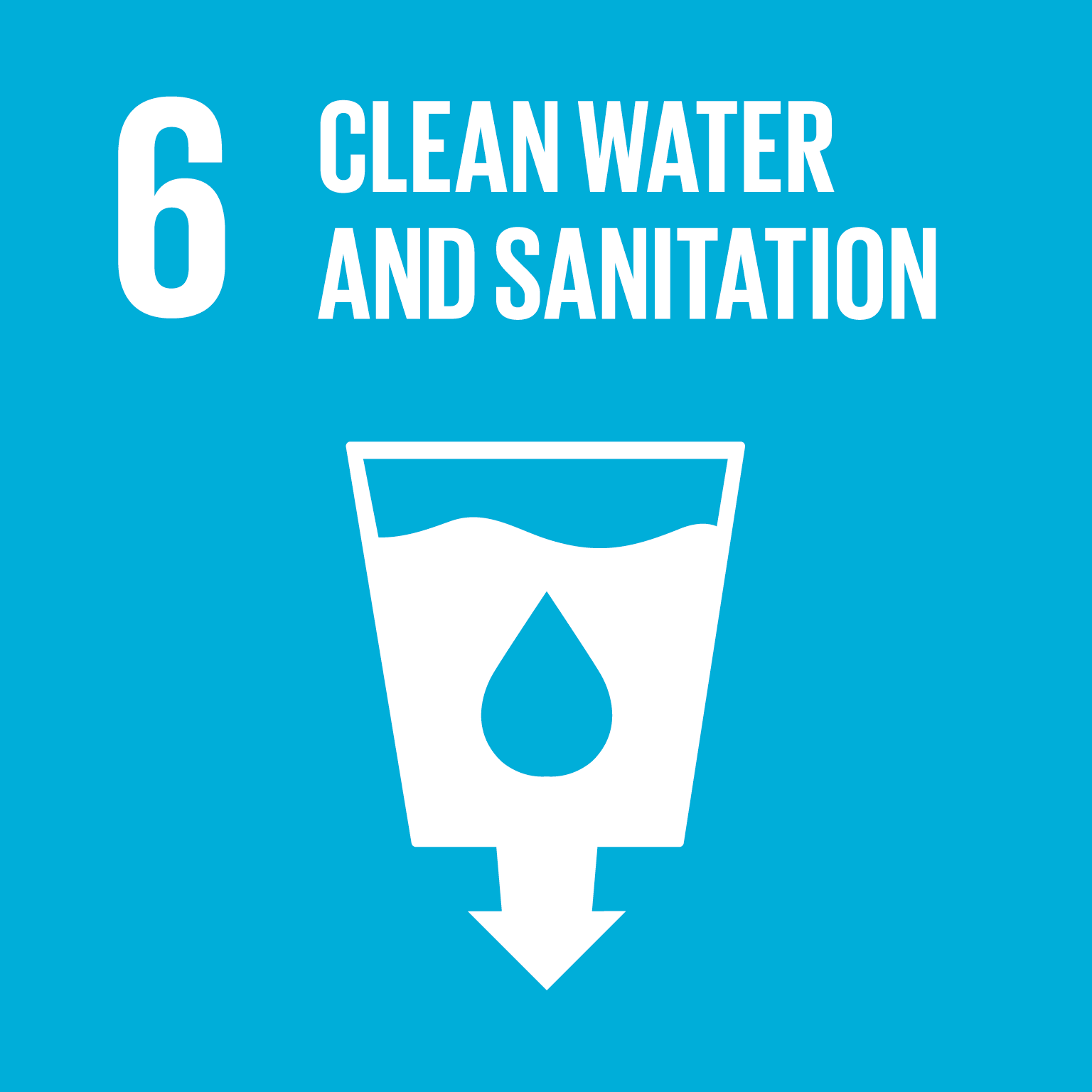 |
 |
 |
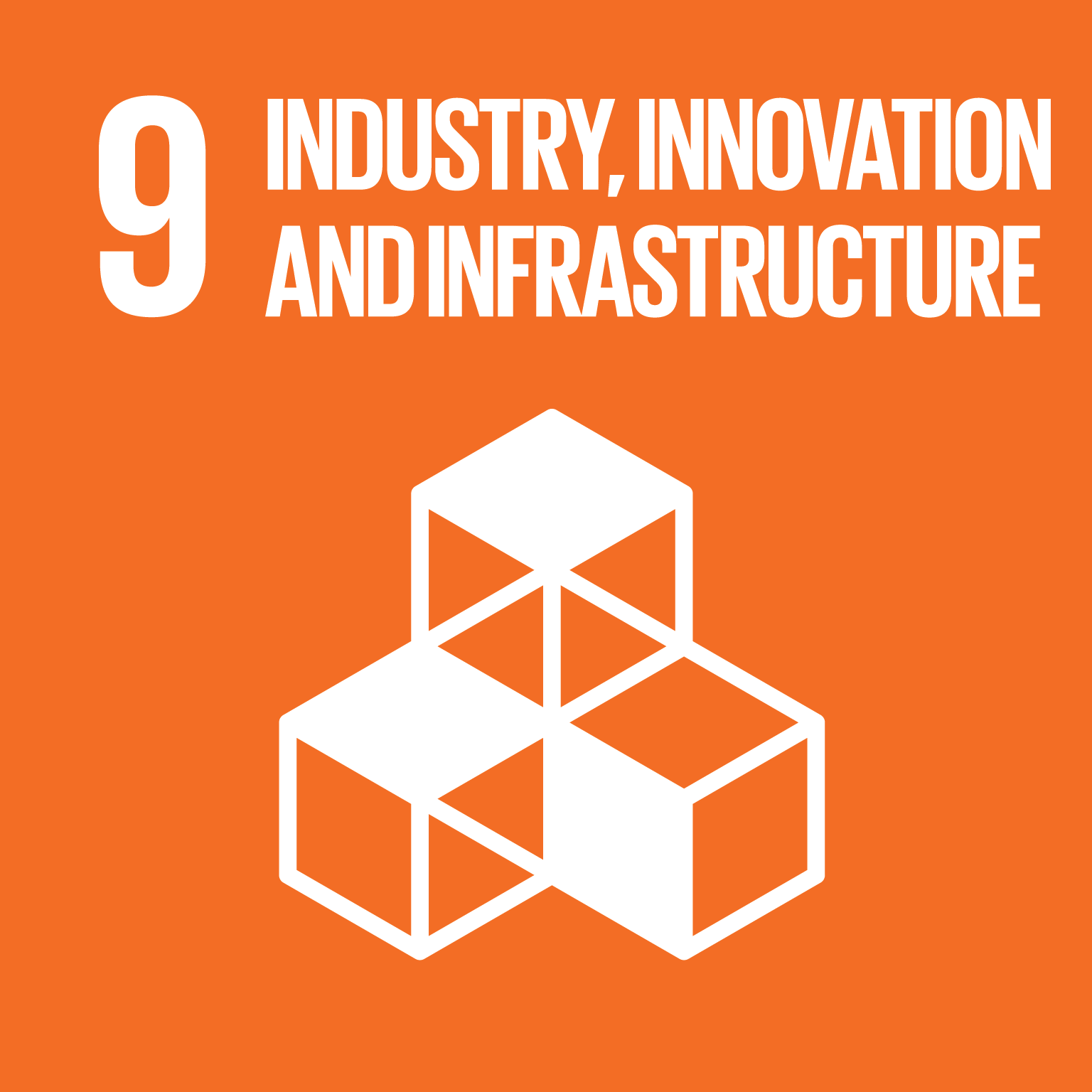 |
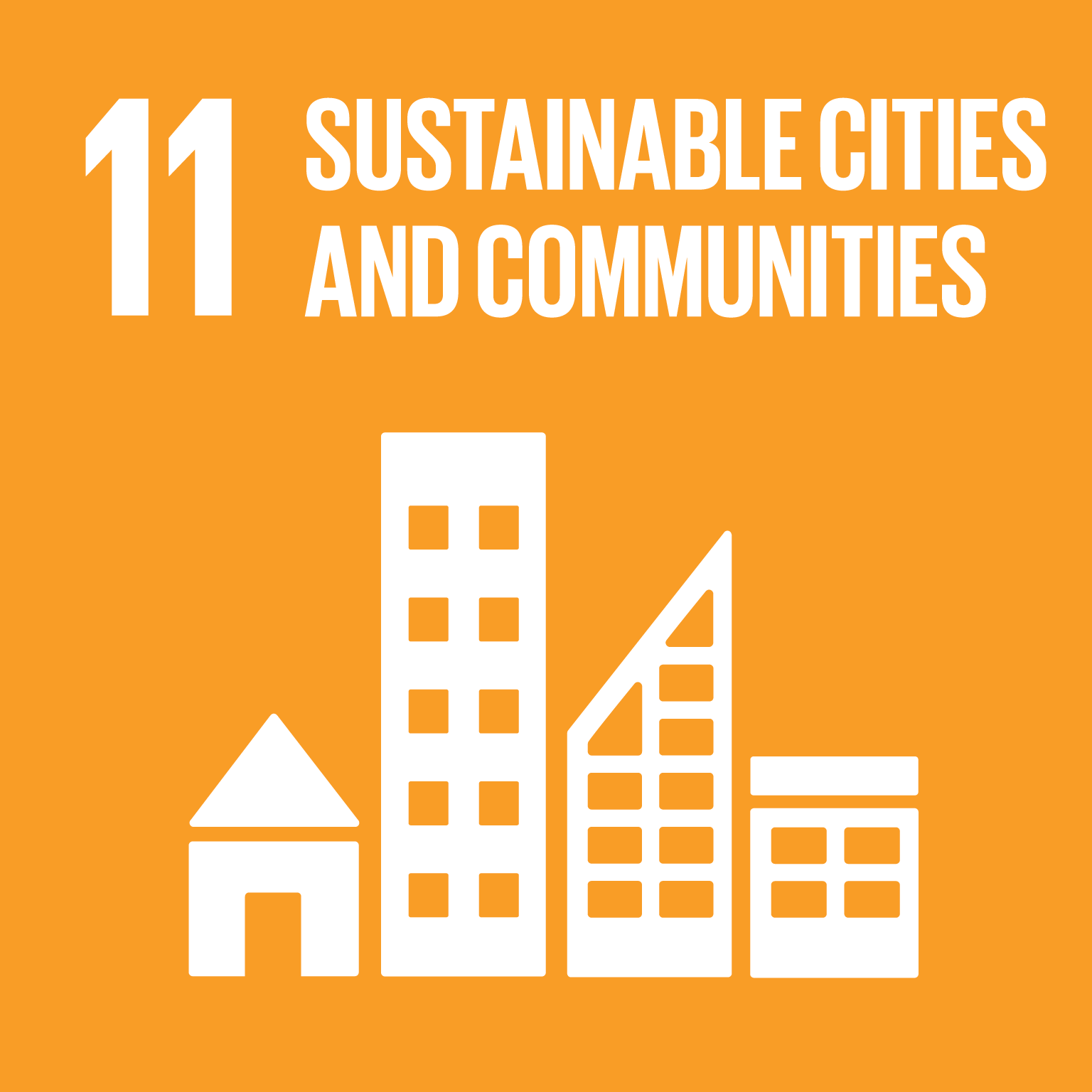 |
 |
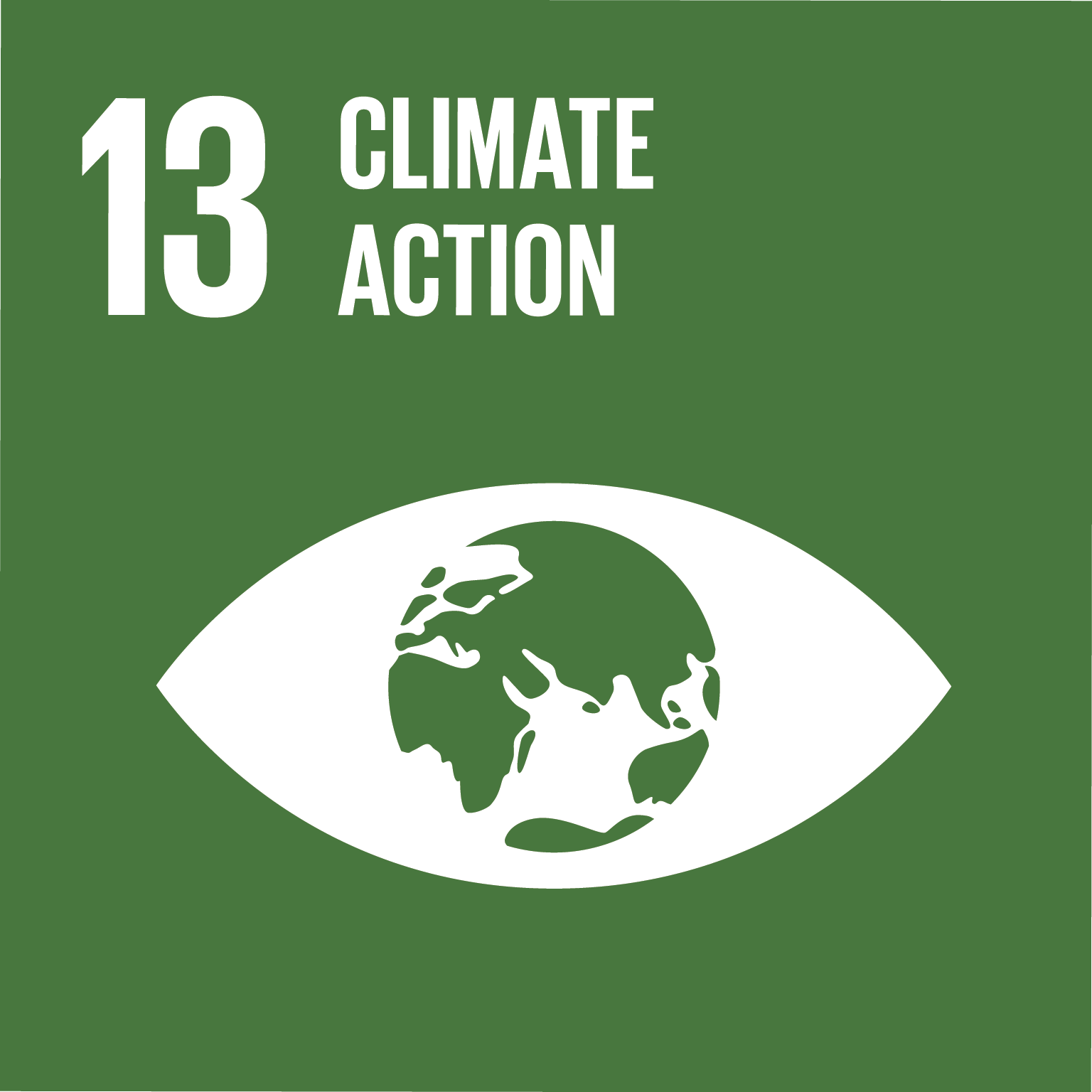 |
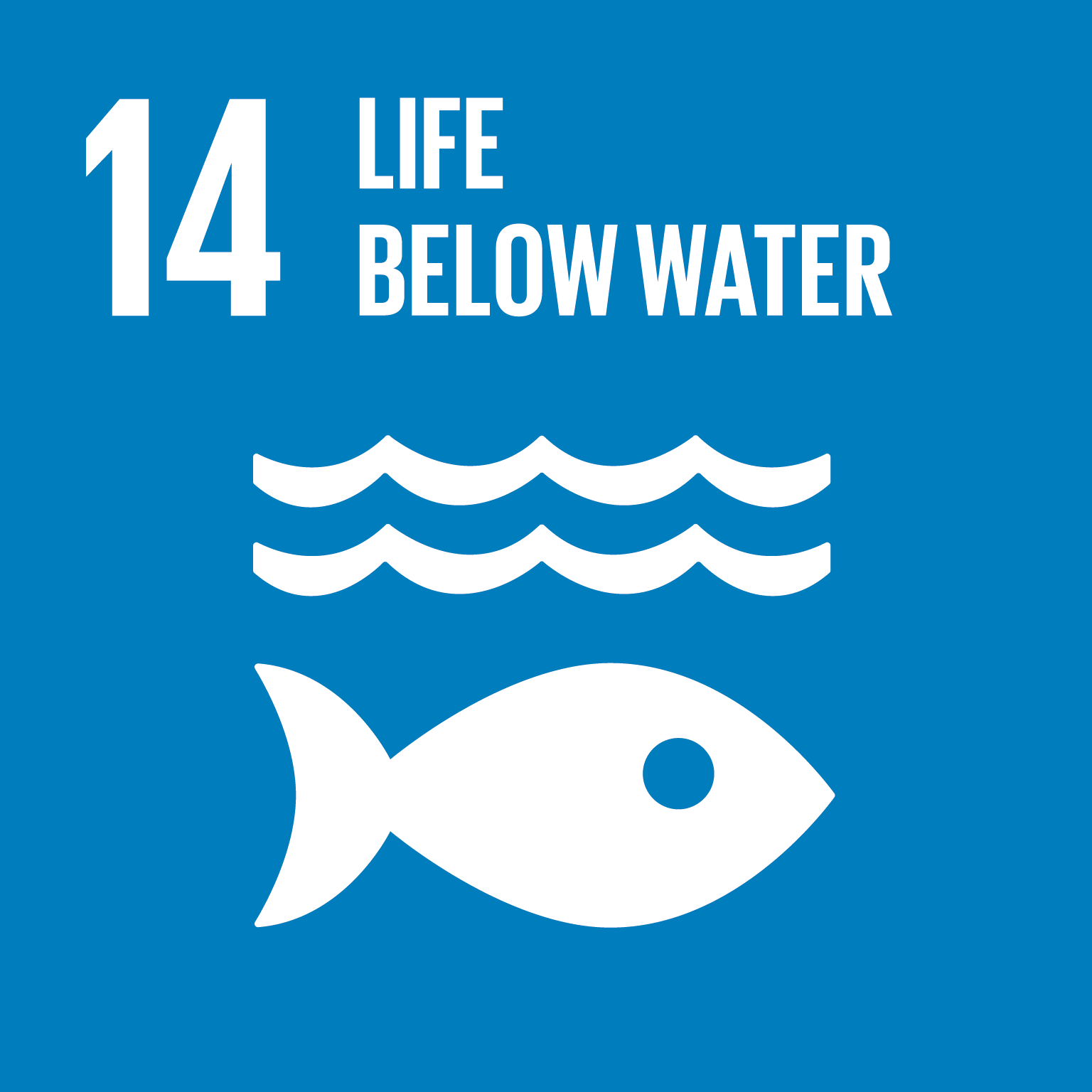 |
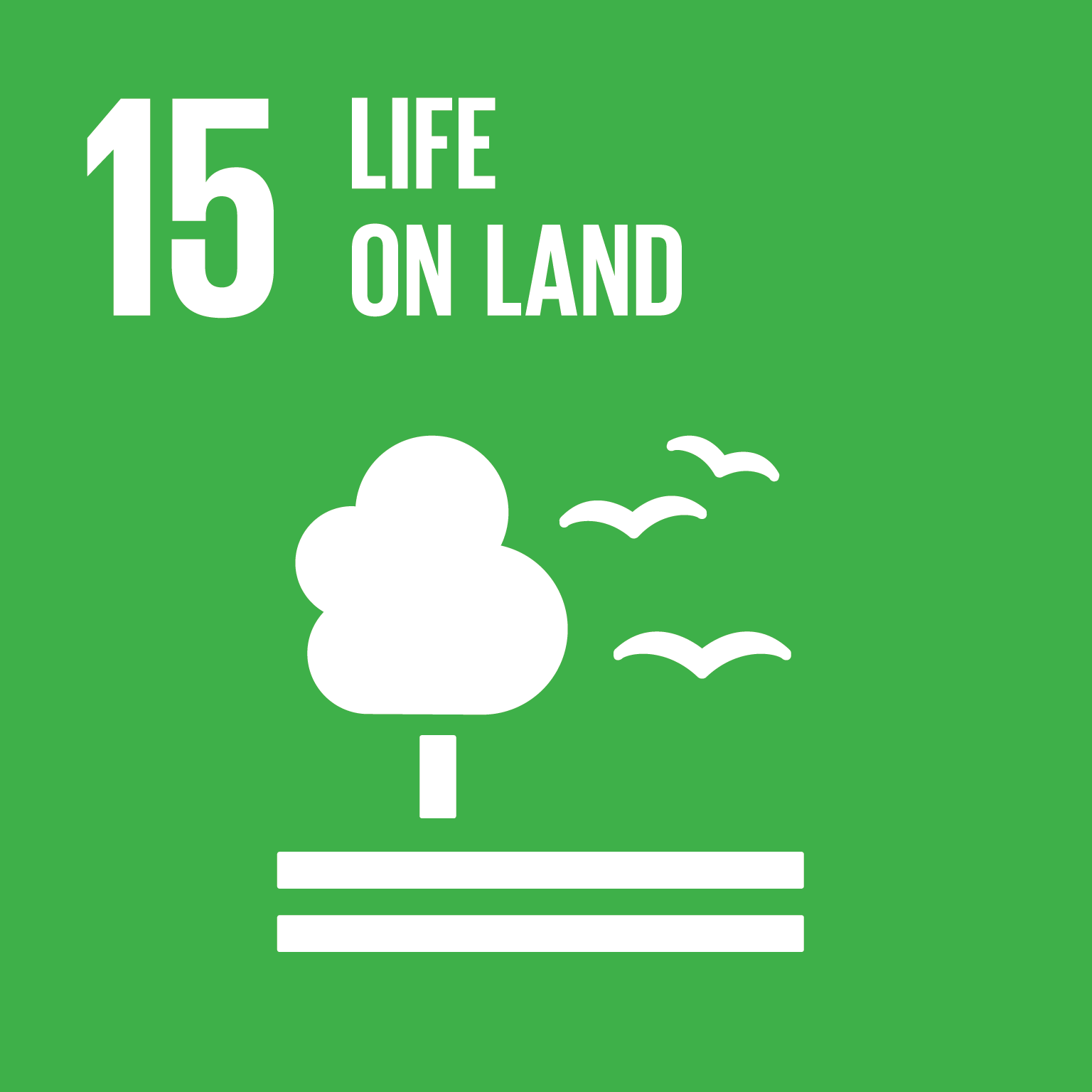 |
Graduate Profile - Jack Henry, Charging and Regulation Specialist, Eirgrid
"I chose the Programme to gain a broader understanding of key environmental challenges, develop a global network and gather skills that would be sector relevant as a sustainability professional in the Irish economy.
In the programme I gained a strong understanding of EU environmental Policy, this exposure and training has provided me with the opportunity bring my policy expertise to help guide strategy in both the transport and renewable energy sectors.
I have worked in the sustainable transportation sector (at both AnPost and Hertz Europe), focusing on EV technology, strategy and planning for over 4 years, and have informed sustainability strategies both nationally and internationally. I am now working on renewable energy policy, on large scale solar, and offshore wind infrastructure projects for EirGrid.
I would highly recommend this programme for anyone who aims to develop a strong network, is passionate about climate change and aims to gather the confidence to make an impact."
EU fee per year - € 9530
nonEU fee per year - € 22600
MSc in Environmental Policy (W580) Part Time
EU fee per year - € 4630
nonEU fee per year - € 11300
***Fees are subject to change
Please note that UCD offers a number of graduate scholarships for full-time, self-funding international students, holding an offer of a place on a UCD graduate degree programme. For further information please see www.ucd.ie/global/scholarships/
This programme is intended for applicants with a degree in any discipline such as social sciences and arts, environmental sciences, law, business studies or engineering.
- An honours undergraduate degree (NFQ Level 8) with a minimum upper second class honours or international equivalence is required
- Applicants whose first language is not English must also demonstrate English language proficiency of IELTS 6.5 (no band less than 6.0 in each element), or equivalent.
- Students meeting the programme’s academic entry requirements but not the English language requirements, may enter the programme upon successful completion of UCD’s Pre-Sessional or International Pre-Master’s Pathway programmes. Please see the following link for further information http://www.ucd.ie/alc/programmes/pathways/
- These are the minimum entry requirements – additional criteria may be requested for some programmes
Full Time option suitable for:
Domestic(EEA) applicants: Yes
International (Non EU) applicants: Yes
Part Time option suitable for:
Domestic(EEA) applicants: Yes
International (Non EEA) applicants: Yes
How to Apply
General application route(s) for Irish/UK/EU applicants* for International (non-EU) applicants* to MSc in Environmental Policy:
| ROWCLASS | Apply to |
|---|---|
| showAudience-audienceEU showAudience-audienceInt | W269 MSc in Environmental Policy Master of Science Full-Time Commencing September 2025 Graduate Taught |
| showAudience-audienceEU showAudience-audienceInt | W580 MSc in Environmental Policy Master of Science Part-Time Commencing September 2025 Graduate Taught |